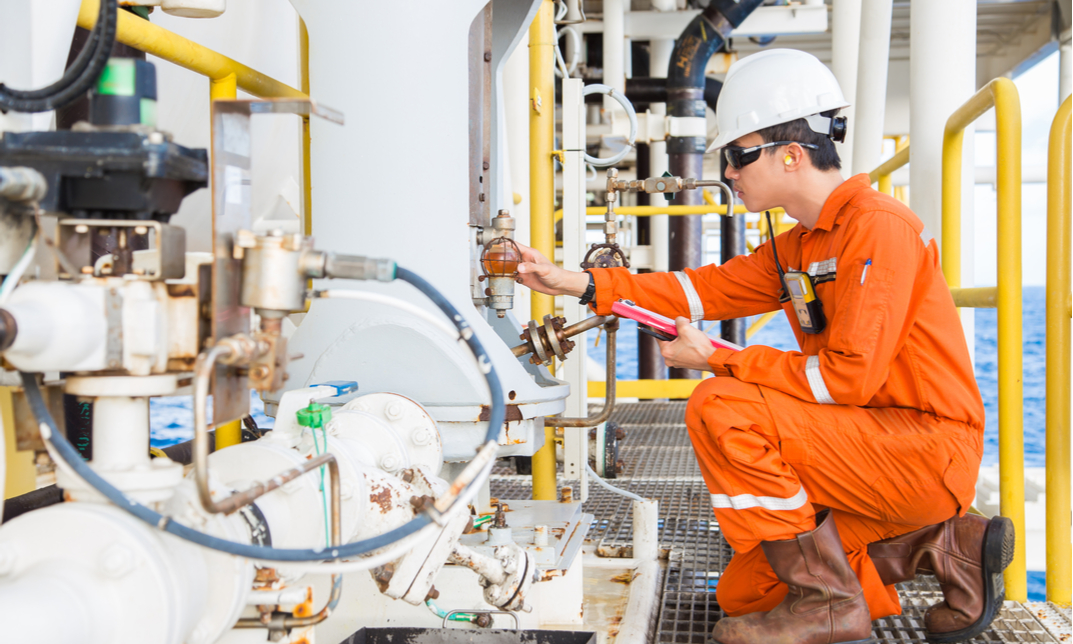A gas safe engineer is a qualified professional who installs, maintains, and repairs gas appliances in homes and businesses. They ensure safety standards are met, preventing potential hazards like gas leaks and carbon monoxide poisoning. To work legally in the UK, engineers must be on the Gas Safe Register, which requires completing a recognized gas safe engineer course. Training equips individuals with the skills to handle various gas systems, from domestic boilers to commercial installations.
Why Choose a Gas Safe Engineer Course?
Becoming a gas safe engineer offers a rewarding career with excellent job stability. The demand for skilled professionals is high due to stringent safety regulations. A gas safe engineer course provides hands-on training, theoretical knowledge, and industry-recognized qualifications. Whether transitioning from another trade or starting fresh, completing the right course is crucial for entering this field. Moreover, gaining certification opens doors to employment opportunities with gas companies, self-employment, and specialist roles in heating and plumbing.
Key Components of a Gas Safe Engineer Course
A comprehensive gas safe engineer course covers essential topics such as gas safety regulations, appliance installation, fault diagnostics, and emergency procedures. Practical training sessions allow students to work with real appliances under expert supervision. Assessments include written exams and practical evaluations to test competence. The curriculum also emphasizes customer service skills, as engineers frequently interact with clients. Understanding regulations, such as the Gas Safety (Installation and Use) Regulations 1998, is vital to ensuring compliance and safety.
Who Can Enroll in a Gas Safe Engineer Course?
Many training providers offer flexible entry requirements, making it accessible to both beginners and experienced tradespeople. Those with prior experience in plumbing or heating engineering may complete a shorter course tailored to their skills. Newcomers typically undergo an extended training period, covering foundational topics before progressing to advanced gas safety training. Some courses require a work placement with a registered gas engineer, allowing students to gain real-world experience before certification.
The Certification Process for Gas Safe Registration
After completing a gas safe engineer course, candidates must pass the Accredited Certification Scheme (ACS) assessment. This rigorous evaluation tests knowledge and practical abilities. Successful candidates receive a certificate, enabling them to apply for Gas Safe Register membership. Registration is mandatory for legally working on gas appliances in the UK. Engineers must renew their certification periodically to stay updated with evolving safety standards and industry advancements.
Career Opportunities for Gas Safe Engineers
Qualified gas safe engineers have diverse career paths. Many work for established gas service companies, while others choose self-employment. The skills acquired through a gas safe engineer course allow professionals to specialize in domestic heating, commercial gas installations, or gas safety inspections. Engineers may also progress into teaching or supervisory roles, mentoring future trainees. With increasing emphasis on energy efficiency, opportunities in renewable heating solutions, such as heat pumps and hydrogen boilers, are expanding.
How to Choose the Best Gas Safe Engineer Course
Selecting a reputable training provider is crucial for quality education and certification success. Factors to consider include course accreditation, trainer experience, and practical training facilities. Some institutions offer flexible learning options, including part-time and fast-track courses. Researching student reviews and success rates can help identify the best programs. Financial support options, such as government funding and employer sponsorships, may also be available to assist with tuition costs.
Common Challenges and How to Overcome Them
While training to become a gas safe engineer is rewarding, it comes with challenges. Technical subjects can be complex, requiring dedication and hands-on practice. Some students find balancing coursework with work or personal commitments challenging. Time management and seeking support from instructors and peers can help overcome these hurdles. Additionally, staying updated with industry changes through continued professional development ensures long-term success in this field.
The Future of Gas Safe Engineering
As technology advances, the gas industry continues to evolve. Engineers must stay informed about new regulations, environmentally friendly heating solutions, and smart gas appliances. The demand for gas engineers is expected to remain strong, particularly with government initiatives promoting energy efficiency. Training providers are adapting courses to include emerging technologies, ensuring new engineers are prepared for the future. Those who stay proactive in learning and adapting will continue to thrive in this industry.
Conclusion
Pursuing a career as a gas safe engineer is an excellent choice for those seeking job security, hands-on work, and growth opportunities. Completing a gas safe engineer course is the first step toward obtaining the necessary qualifications and legally working in the industry. By choosing a reputable training provider, such as Caledonia Training Centre, aspiring engineers can gain the skills and certification needed for success. With high demand and evolving industry opportunities, now is a great time to start a journey in gas engineering.



